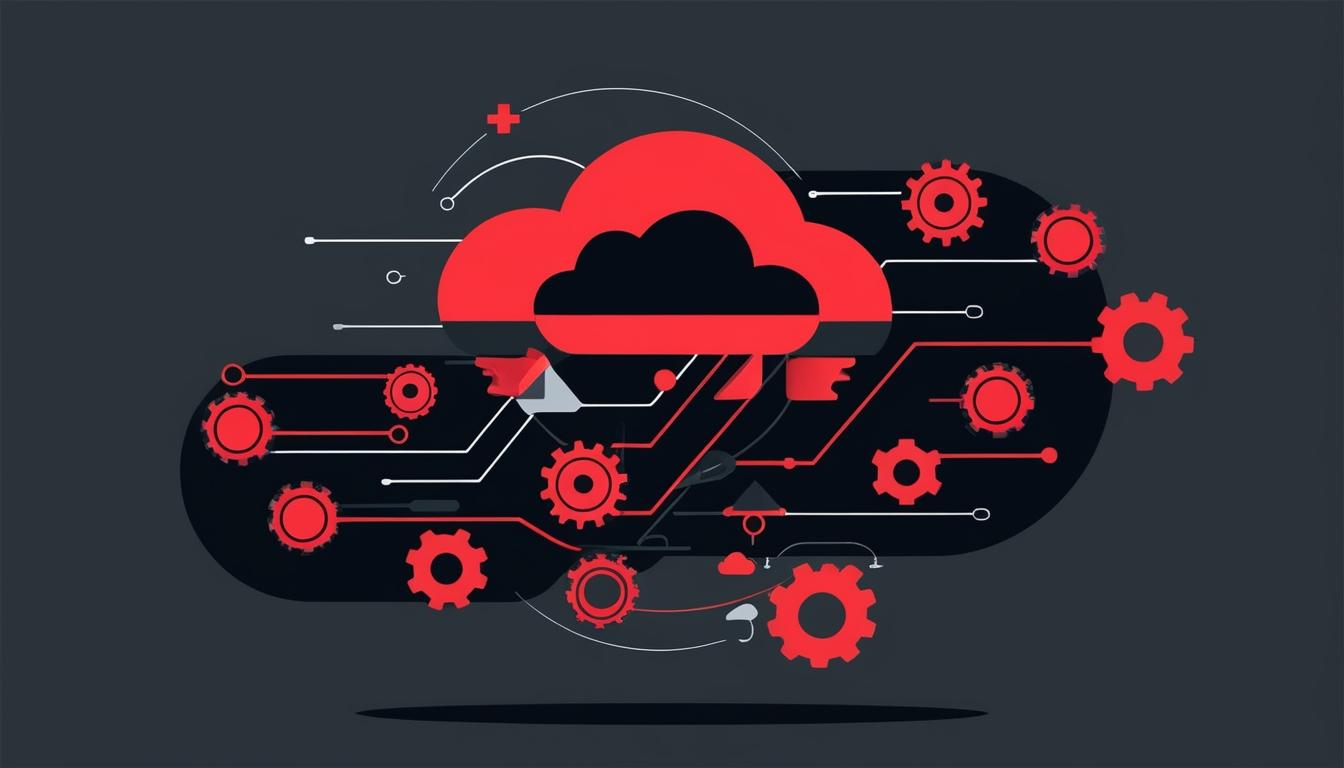In the rapidly evolving landscape of technology, artificial intelligence (AI) automation is emerging as a pivotal force for businesses looking to enhance their operational efficiency and performance. This trend, highlighted in a recent piece by Open Access Government, underscores the critical role of platforms engineered for consistent operation and secure innovation. The principles "Operate consistently," "Innovate securely," and "Solid foundations," frame the approach businesses must adopt to derive value from their AI and automation initiatives.
Platform engineering, an area gaining traction alongside the prevalent DevOps methodology, is positioned as a key enabler for organisations striving to optimise their software delivery lifecycle. The publication reports on the increasing complexity of cloud environments and the necessity for businesses to embrace multi-cloud infrastructure in response to regulatory demands. As cloud services mature, large enterprises have the capability to scale operations entirely through the cloud, leading to new challenges in management and oversight.
A notable aspect of platform engineering is the balance between automation and abstraction. Experts advise that while automation streamlines processes, overcomplication in planning and execution can hinder effective knowledge transfer within teams. Failing to establish adequate automation or guidance post-implementation risks the reliability and maintainability of the platform itself. The article also highlights that the integration of code quality and security scanning tools within DevSecOps pipelines is essential, particularly as codebases grow and security protocols become increasingly intricate.
As the prevalence of Kubernetes technology rises, businesses face new opportunities for agile maintenance strategies. The ability to perform rolling updates without taking servers offline signifies a transformation in the approach to cloud maintenance when compared to traditional systems operations environments. Kubernetes, with its diverse distribution by major cloud providers such as Azure, AWS, and GCP, allows for the orchestration of multi-cloud environments, providing resilience and adaptability in a volatile market. However, the management of these environments requires considerable expertise, especially in streamlining operations across different cloud platforms.
Furthermore, external influences—such as market trends and regulatory pressures—are shaping business strategies with respect to AI and automation. The essence of value can vary across organisations; key focus areas could include stability, cost efficiency, resilience, or accelerated feature delivery. These evolving standards necessitate that businesses continually reassess their priorities, ensuring that the integration of AI technologies aligns with broader strategic goals.
The insights from Open Access Government not only present a detailed overview of current trends in AI automation for businesses but also emphasise the importance of foundational strategies in navigating the complexities of modern digital infrastructure. As organisations explore these capabilities, the emphasis remains on operational excellence founded on the principles of consistency and security.
Source: Noah Wire Services
